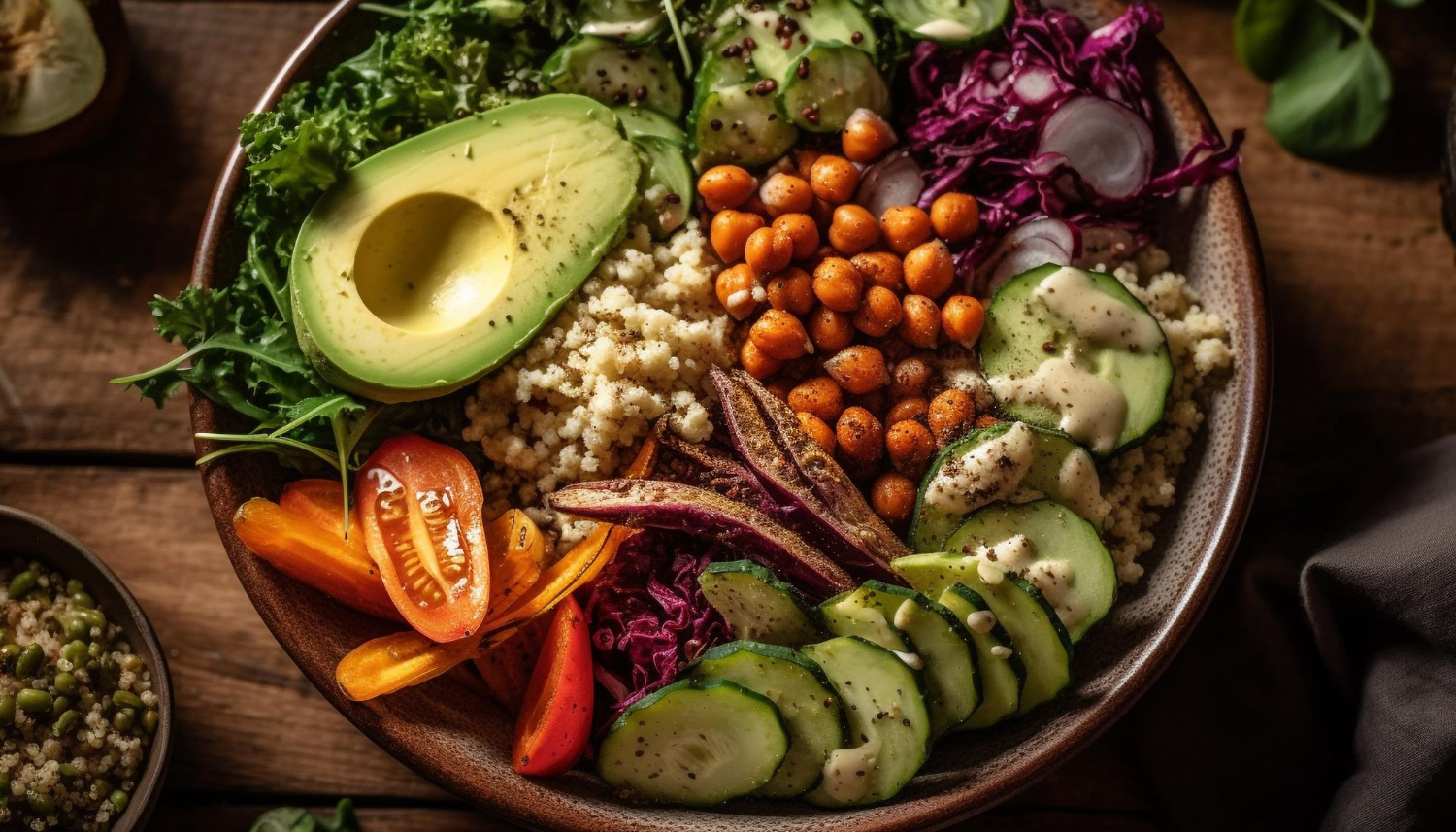Adopting a Low-carb, Plant-Based Diet : Your Ultimate Guide to Healthy Living
Introducing a low-carb, plant-based diet Are you considering a healthier lifestyle that benefits not only you, but the planet as well? A low-carb, plant-based diet is the best choice. This theory combines the excellent heart-healthy benefits of a plant-based diet with the weight-management benefits of a low-carb diet to provide a comprehensive long-term wellness solution.
Understanding carbs: the bad, the good, and the high-fiber ones
Carbohydrates are often looked down upon, but it is important to distinguish between them. Simple carbohydrates, like those in sugary snacks, can raise blood sugar and lead to weight gain. which are harmful and quickly enter the bloodstream. In contrast, complex carbohydrates, found in whole foods such as vegetables and whole grains, provide essential energy and nutrients. Foods rich in fiber not only help with digestion, but also help keep blood sugar levels stable. Essential Fats: Finding Healthy Fats in a Plant-Based Diet
Fat is essential for brain health and energy. On a low-carb, plant-based diet, healthy fats can be found in avocados, nuts, seeds, and oils such as olive and coconut oil. These fats not only improve the satiety of food, but also help in the absorption of fat-soluble vitamins.
Meal planning and recipes for a low-carb, plant-based lifestyle:
Meal planning plays a key role in maintaining any diet, especially one that is low-carb and plant-based. Start with simple recipes that include a source of protein, low-carb vegetables, and healthy fats. For example, stir-fry with tofu, cabbage and sesame seeds offers a balanced meal.
Overcoming challenges and maintaining consistency:
Switching to a low-carb, plant-based diet can come with its challenges, such as dietary restrictions at social events and the perceived cost of plant-based foods. However, with proper planning and creativity, these obstacles can be overcome. Having a variety of tasty ingredients on hand can help make your diet more consistent and enjoyable.
Success stories and testimonials:
Many people have found success with a low-carb, plant-based diet, improved energy levels, weight loss, and improved health indicators. Presenting the stories of individuals who have benefited from this diet can provide motivation and proof that this lifestyle is sustainable and beneficial.
Conclusion: Adopting a sustainable lifestyle for long-term health:
Adopting a low-carb, plant-based diet is more than a temporary change—it's a sustainable lifestyle choice that benefits your health, the environment, and animal welfare. With every plant-based meal, you're contributing to a greater cause by taking care of your body's needs.

Plant-based sources of protein for a low-carb diet:
Protein is very important, and a low-carb plant-based diet does not mean protein deficiency. Foods like tofu, tempeh, and seitan offer high-quality protein with a low carbohydrate content. Other sources include hemp seeds, chia seeds and almonds, which provide good fats as well as protein, which are essential for a balanced diet.
Low-carb, high-nutrient vegetables and fruits:
Vegetables and fruits are the backbone of any plant-based diet. Low-carb options like leafy greens, mushrooms, zucchini, and peppers can be eaten frequently. Lower in carbs than other fruits, berries offer antioxidants and vitamins without compromising your carb limits.

Benefits of a low-carb, plant-based diet: Eating a low-carb, plant-based diet has many health benefits, including improving blood sugar, weight management, and reducing the risk of chronic diseases such as type 2 diabetes, heart disease, and some cancers. can help reduce In addition, it supports a higher intake of fiber and essential nutrients that are obtained from various foods and plants.
Recommended Blogs


Mansab Ali


Mansab Ali


Mansab Ali



